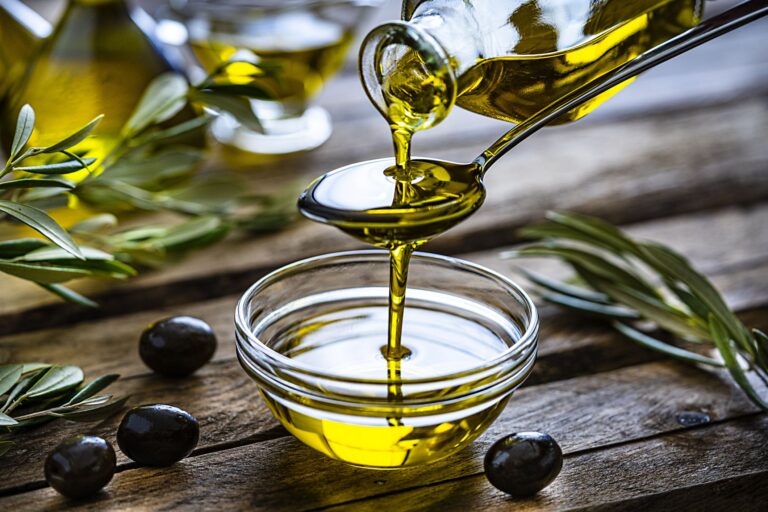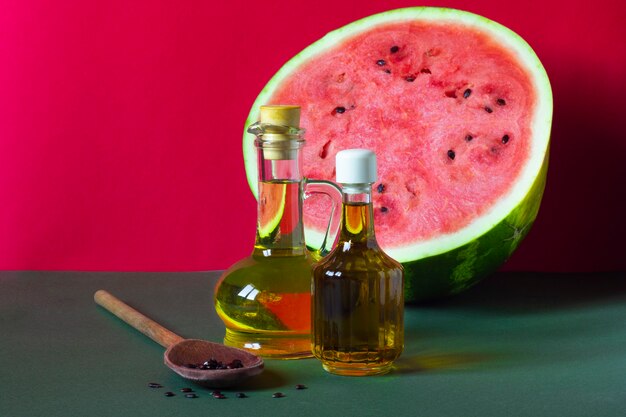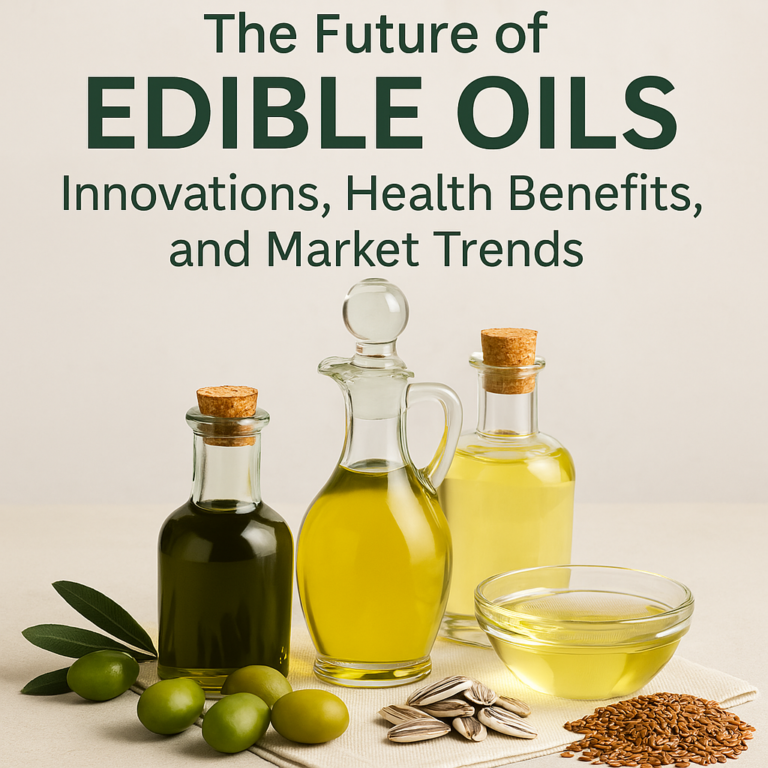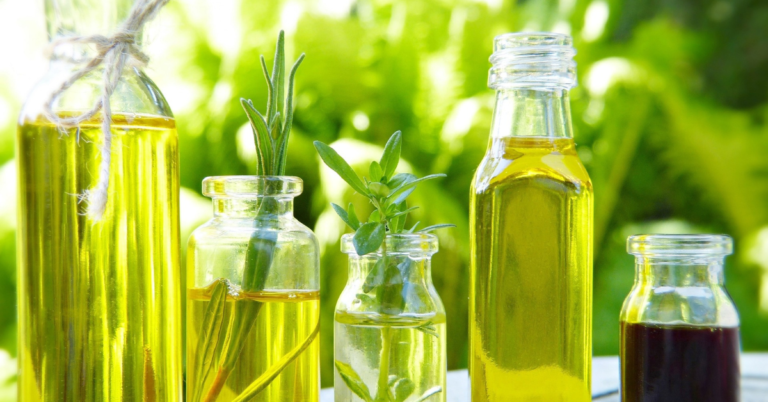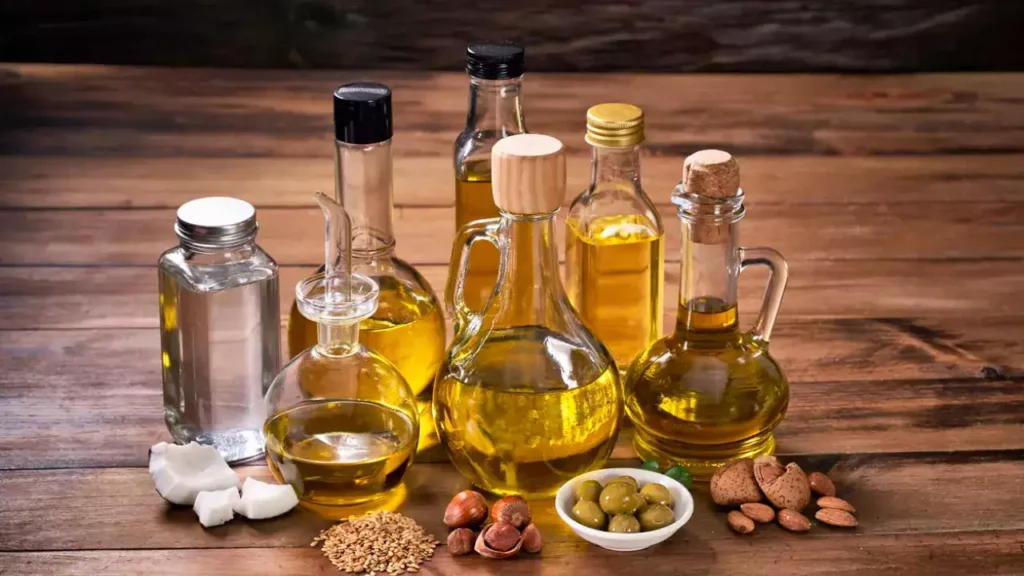
Introduction
Vegetable oils have become a cornerstone of modern cooking, but their journey from raw seeds to refined bottles on supermarket shelves is complex and controversial. What started as a promising alternative to traditional fats has evolved into a contentious topic in the food industry. This blog explores the story of edible oil, tracing its historical roots, the industrial boom, and the impact on health and the environment.
The Origins of Vegetable Oils
Early Uses of Fats in Human Diets
For thousands of years, humans relied on natural fats for cooking and sustenance. Animal fats like lard and tallow, as well as traditional oils such as olive oil, were staples in ancient diets. These fats were celebrated for their flavor, nutritional value, and ability to preserve food.
The Birth of Vegetable Oils
The history of cooking oil took a dramatic turn in the late 19th century when industrial methods made it possible to extract oil from plants. Initially, cottonseed oil—a byproduct of the cotton industry—was refined and marketed as an economical alternative to animal fats. This marked the beginning of what we now call vegetable oils.
The Industrial Revolution and Vegetable Oils
Mass Production and Innovation
The Industrial Revolution played a significant role in shaping the history of edible oil. Technological advancements allowed for the large-scale extraction of oils from seeds such as soybean, corn, and sunflower. The development of the hydrogenation process in the early 20th century transformed liquid oils into solid forms like margarine, making them more versatile and shelf-stable.
The Marketing Push
In the mid-20th century, aggressive marketing campaigns portrayed vegetable oils as a healthier option compared to saturated fats like butter. These campaigns capitalized on emerging research that linked saturated fats to heart disease, creating a shift in consumer preferences.
Health Concerns Around Vegetable Oils
Trans Fats and Their Impact
The introduction of hydrogenated oils brought trans fats into the food supply. Trans fats were once hailed as a breakthrough, but research eventually revealed their detrimental effects on heart health. They were found to increase bad cholesterol levels and contribute to cardiovascular disease.
Omega-6 Fatty Acids and Imbalance
Vegetable oils are rich in omega-6 fatty acids, which, when consumed in excess, can lead to inflammation and other health issues. While omega-6 is an essential fatty acid, its balance with omega-3 is crucial for overall health. Modern diets often include too much omega-6 due to the prevalence of refined vegetable oils.
Chronic Diseases
Excessive consumption of refined vegetable oils has been linked to lifestyle diseases such as obesity, diabetes, and metabolic syndrome. These issues have prompted a reevaluation of the role of fats in our diets.
The Environmental Impact
Industrial Agriculture and Deforestation
The large-scale production of oilseed crops like soybean and palm has led to deforestation, loss of biodiversity, and soil degradation. Monocropping practices used to grow these crops also strain natural ecosystems and contribute to greenhouse gas emissions.
Labor and Sustainability Challenges
The global demand for edible oils examples like palm oil has raised concerns about unethical labor practices and the exploitation of workers in some regions. Efforts are underway to promote sustainability through certifications and ethical sourcing practices.
Rethinking Fats: A Return to Tradition
Rediscovering Traditional Fats
The story of edible oil has come full circle as many consumers are turning back to traditional fats such as butter, ghee, and lard. These fats are minimally processed and offer natural flavors that enhance cooking.
Cold-Pressed and Unrefined Oils
Cold-pressed oils like olive oil and avocado oil are gaining popularity for their health benefits and natural extraction processes. These oils retain their nutrients and are free from the chemical solvents used in refining edible oils.
Moderation Is Key
While fats are an essential part of a healthy diet, moderation is crucial. Balancing the intake of saturated, unsaturated, and essential fatty acids can help maintain optimal health.
Modern Alternatives and Innovations
Sustainable Vegetable Oil Production
The demand for environmentally friendly practices has led to innovations in sustainable vegetable oil production. Techniques such as intercropping, reduced pesticide use, and renewable energy in processing plants are making a difference.
Consumer Awareness
Educating consumers about the origins and processing of their cooking oils is a vital step toward healthier choices. Labels that highlight unrefined and organic options are becoming more common in the market.
Dietary Recommendations
Experts recommend a balanced diet that includes a mix of fats from various sources. This includes incorporating oils rich in omega-3, such as flaxseed and fish oils, alongside traditional and minimally processed fats.
Cooking Oil Refining Process
The refining edible oils process transforms raw oil into a consumer-friendly product by removing impurities, odors, and colors. While refining improves shelf life, it can also strip oils of their natural nutrients. Opting for less processed oils when possible can offer a healthier alternative.
Conclusion
The history of vegetable oils is a tale of innovation, marketing, and lessons learned. From their industrial rise to their health and environmental impacts, the journey of these fats is one of evolution and adaptation.
By understanding the past and making informed choices, we can strike a balance that supports both our health and the planet. The story of edible oil serves as a reminder to rethink the role of fats in our lives and embrace sustainable, natural alternatives.Want to learn more about edible oil? Visit our blog The Story of Edible Oil: An Indispensable Item for Any Meal for a deeper dive into the techniques and innovations shaping the industry.
